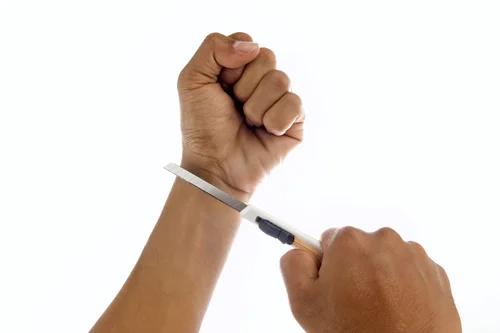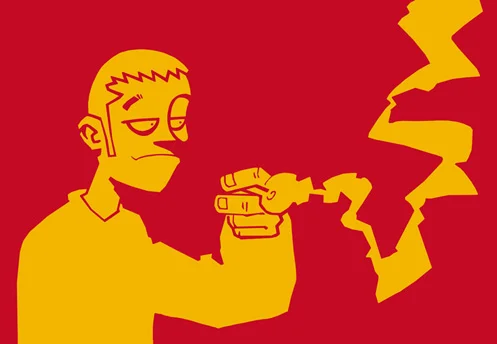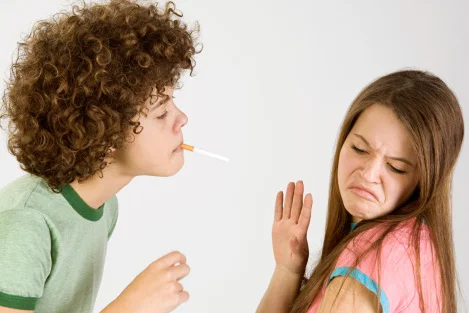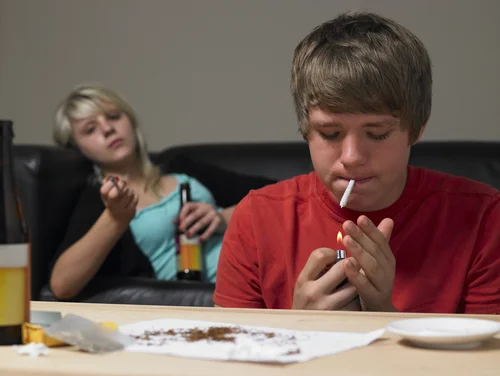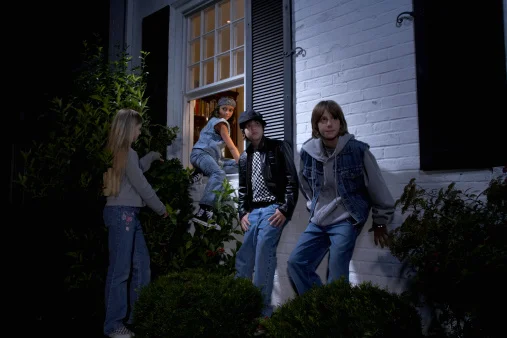+1 845 259 2974 (11 a.m to 7 p.m CST)
US Public Gives Thumbs Up to Ban on Smoking around Kids
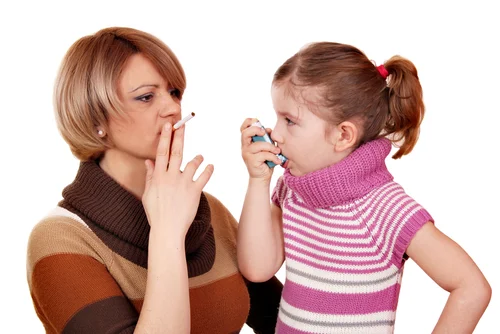
Long gone are the days when smoking was considered socially acceptable. Today, it is widely and rightly acknowledged as a threat not just for the perpetrator, but even more so for those exposed to second hand smoking. Although the number of people smoking has dropped in the past few decades, it continues to remain a significant threat, especially for kids. As the awareness of smoking being a real health hazard for children continues to spread, the US public is becoming increasingly supportive of laws prohibiting smoking in vehicles with kids in them, or any other place where the latter may get exposed to second hand smoke.
A Clear and Clear Perspective of the Public
In order to bring about any major change in the society irrespective of its criticality, it’s imperative that the general public stands behind it. In case of smoking and children’s health safety, the situation looks very promising. According to the Michigan Mott Children’s Hospital National Poll on Children’s Health, a significant majority of the US public has voiced their support for children’s health over smoking freedom. The poll found that:
- 82 percent of adults support laws prohibiting smoking in the car with children younger than 13 in it
- 87 percent of the adults support an imposition of ban on smoking in businesses that allow kids
- 75 percent of adults agree that smoking should be banned in homes with children suffering from asthma or other lung diseases
The high percentages of adults supporting bans on smoking in different environments leaves no doubt that the public opinion is strong and tipping in favor of children’s health.
The Selfless Stance of Smokers
As it turns out, the concern for second hand smoke’s effects on children’s health was shared by more than one half of current smokers. The poll found that:
- 60 percent of current smokers agreed to support a ban on smoking in vehicles carrying kids
Even though the percentage of smokers supporting a ban on smoking around children is not as high as that of former smokers and those who’ve never smoked, 84 and 87 percent respectively, the selfless viewpoint of the majority on the issue indeed comes as a pleasant surprise.
The Importance of the Poll
The Michigan Mott Children’s Hospital National Poll on Children’s Health was clearly the need of the hour. California Environmental Protection Agency (EPA) has found that second hand smoke in vehicles can be 10 times more concentrated and thus 10 times more dangerous than the level considered unhealthy by the US. On the other hand, researchers at the Harvard School of Public Health found that in just five minutes and under various smoking, ventilation and driving conditions, alarming levels of second hand smoke were generated. Despite such documented evidence on the risk of second hand smoke, there are only seven states in the US that have banned smoking in vehicles.
Hopefully, the voice of the public supporting protection of children’s health from second hand smoke may reach the ears of public health officials and legislators. There is clearly a need for more states to introduce laws banning smoking around children, especially in cars, in order to create awareness of its health hazards.

